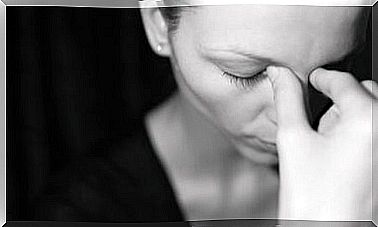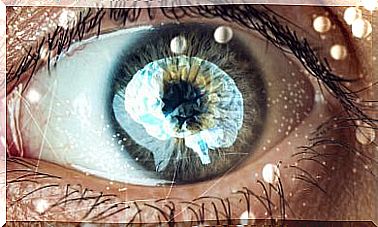Try Again, Try Better, Fail Again, Fail Better!

With this sententious phrase Anaïs Nin summed up one of the great paradoxes of our existence. Only through failure will we be able to achieve the success that we all long for. And it is that, contrary to what this society in which we live marks, only by making mistakes will we be able to find what we are worth.
Success comes after trial and error. Mistakes are part of learning and allow us to improve ourselves and find new ways to success.
Henry Ford said: “Failure is the opportunity to start over, but more intelligently.” Most geniuses have failed even more times than they have succeeded.
Failure psychology, positive psychology
There are not few parallels that can exist, at present, between the so-called positive psychology (science that tries to explain the processes that lead to emotions, resilience as well as emotional intelligence, among other issues banned from traditional psychology) and the “psychology of failure”, called in this way more than because it is a true psychological current, because it is, without a doubt, a human situation in which we all take part at some point and that should have its own sphere study, since, why the failure?

Failure is a source of information, inexhaustible knowledge . In the same way, that some children can only learn that fire is harmful when, trying to touch it, they burn, this pattern of trial and error occurs throughout our lives. However, the “fail best” scheme can shock the reader in a society where failure is frowned upon, even though it is completely natural to try something and miss the first try. Against this we propose a philosophy of “fail again” stripped of those feelings of shame, uselessness and frustration that a competitive society like ours has turned into reprehensible feelings worthy of being censured.
Tips from psychology “Fail again, fail better”
Failure as a situation within individual psychology and as a process that has controversial reactions in society, cannot occur separately from the rest of the behavior, learning and development processes. From a young age, we should be shown that erring is completely natural and that, even more, it is an important part of learning. The consequences of not showing this idea of ”fail again, fail better” results in an adult with fear, unable to undertake for fear of losing. Ultimately, a society without great failures is a mediocre society.

- Success is for the persistent. Woody Allen claimed that success was 90% insistence and only 10% talent and, although the statistics are not at all reliable, the evidence is marked by the large number of important people who have spent their entire lives fighting for An objective. Of them we only have the triumph but the truth is that many great entrepreneurs, including the Apple guru Steve Jobs, failed miserably before being able to carry out their projects efficiently.
- That enthusiasm is not lacking . There are those that deflate easily and not because of a lack of ideas or creativity, or even intelligence or the means to carry them out. In many cases, what is missing is the ability to accommodate success being delayed, suffering ups and downs, failing over and over again. Throwing in the towel is very typical, likewise, in a society in which failure is frowned upon enough for an individual to lose faith in their ideals and dreams simply because their environment makes them “see” that their aspiration is unfeasible.
- “Open your mind”. The classic “open your mind” is totally valid in relation to failure since the ideas will emerge and combine, giving rise to a greater movement.
- Let inspiration catch you working. Or so he said it happened to him, Picasso himself. What is certain is that when a subject is being dealt with, millions of ideas and creations arise that would not arise if it were not covered. With taking the first step, the rest will come by themselves.
We fail from the moment we are born with our imperfection, which has been what has caused us to seek perfection in art, in science, in everything that is beautiful and true around us. Failure gets us to undertake, to build . To deny ourselves the pleasure of failing better is to deny ourselves the possibility of discovering something that can help make the world a little more beautiful, a little more perfect.
Written by Alexandra bayorti









